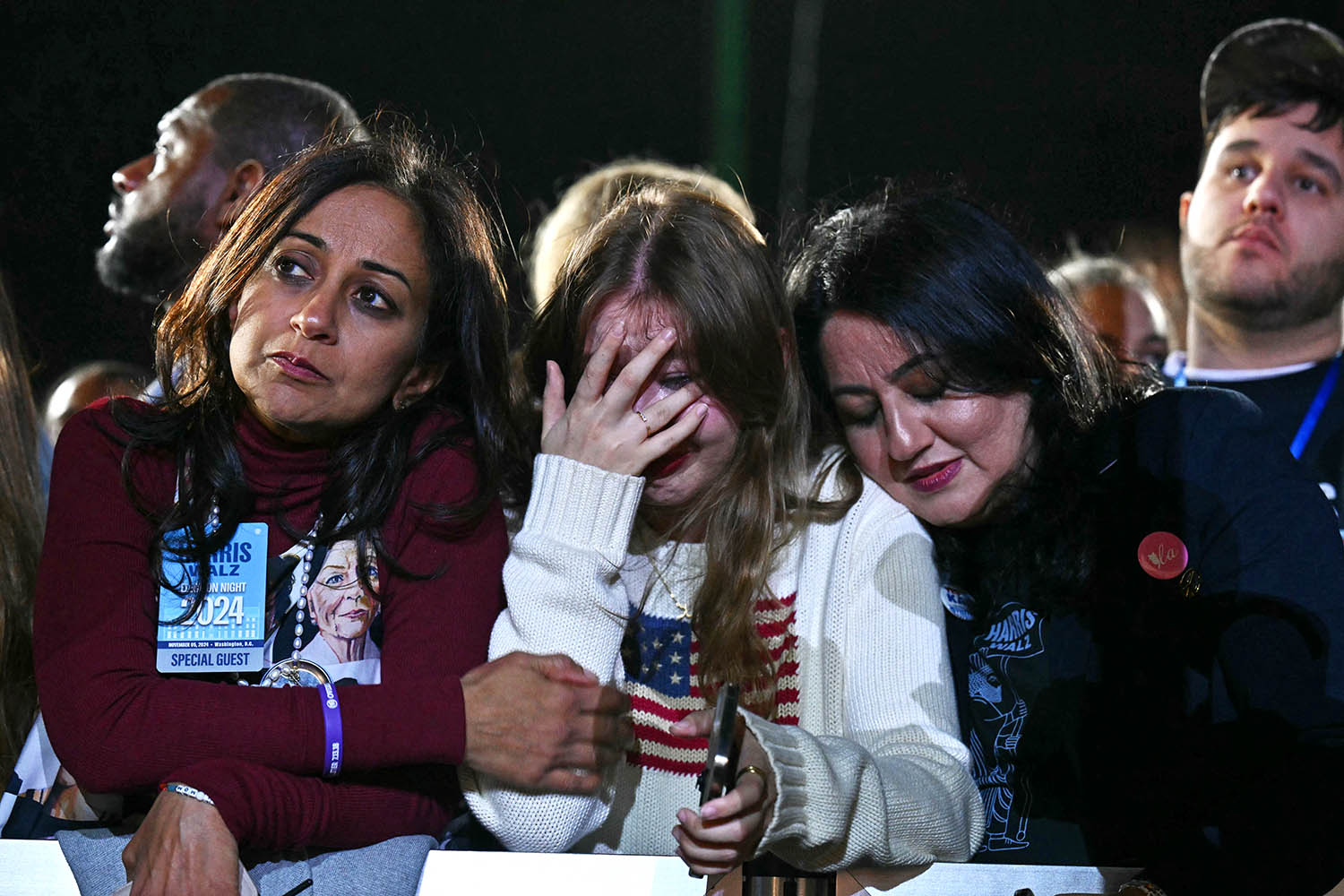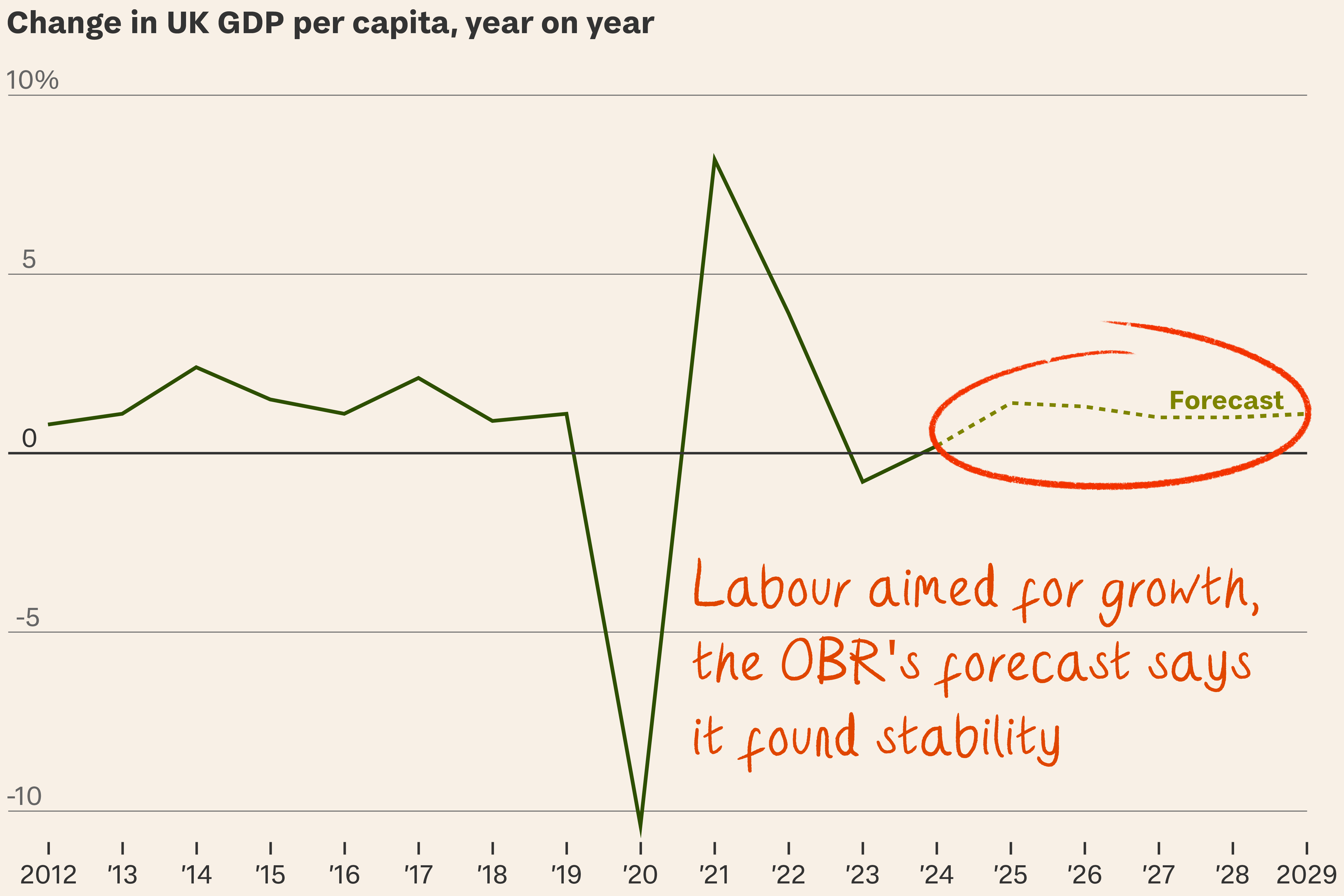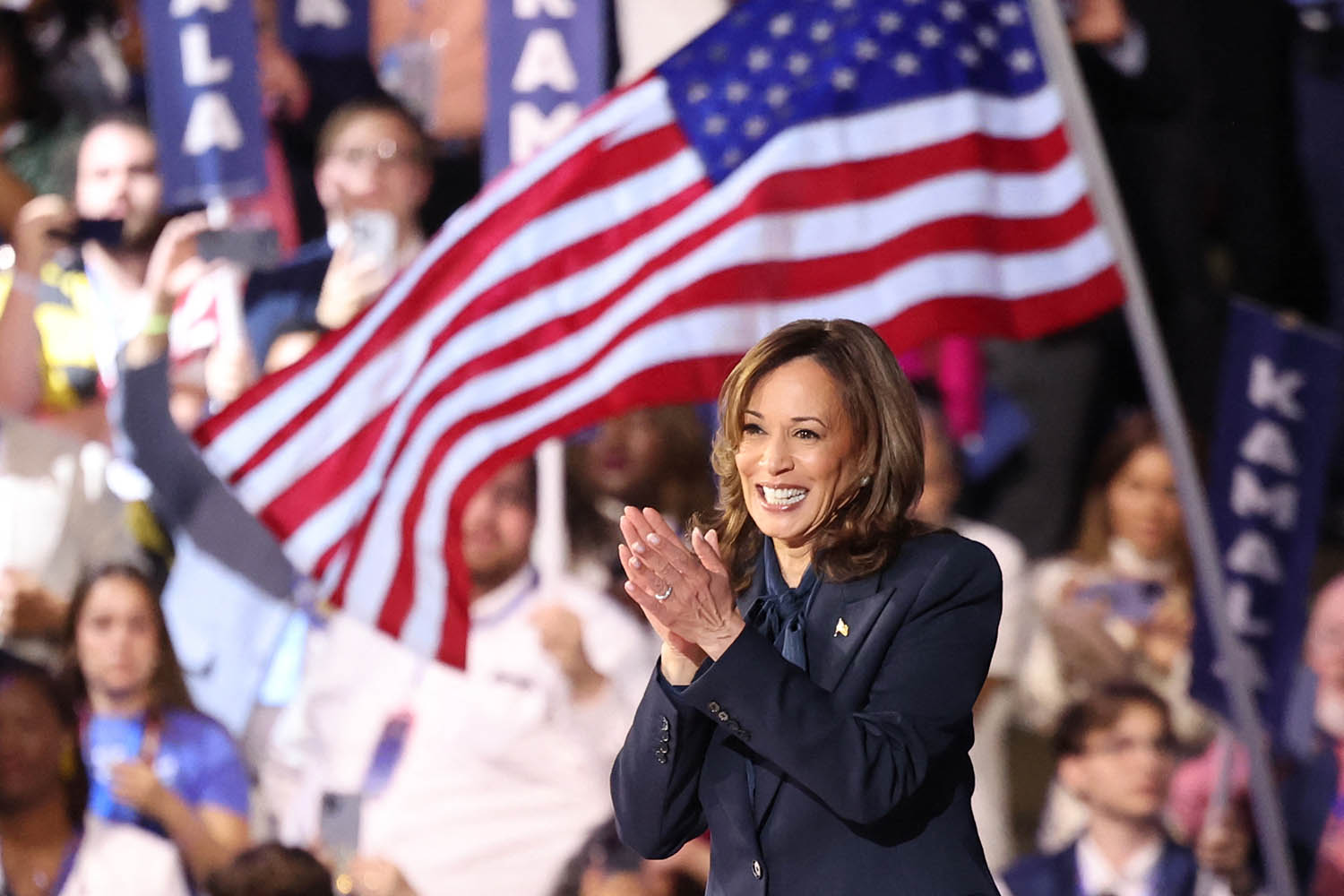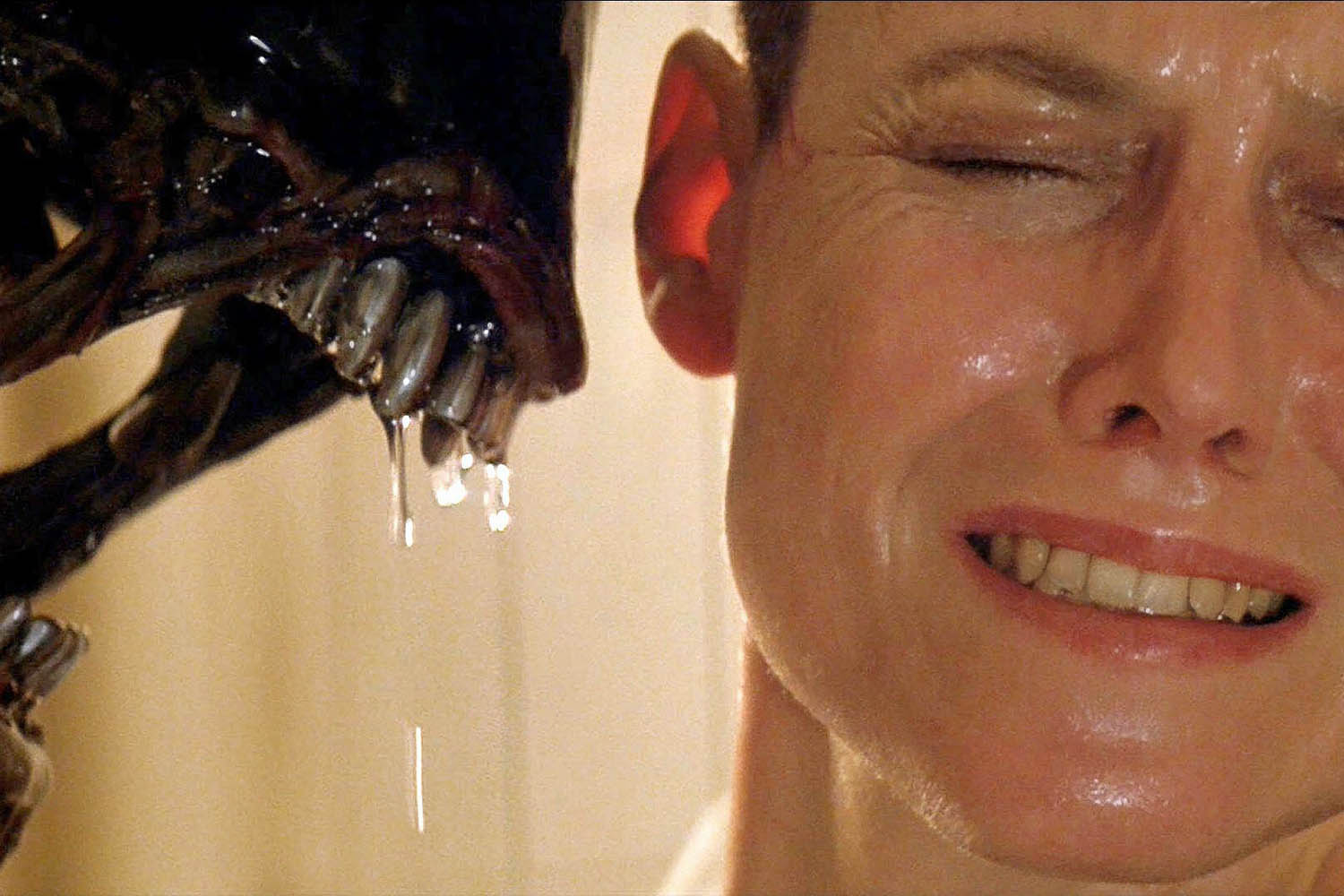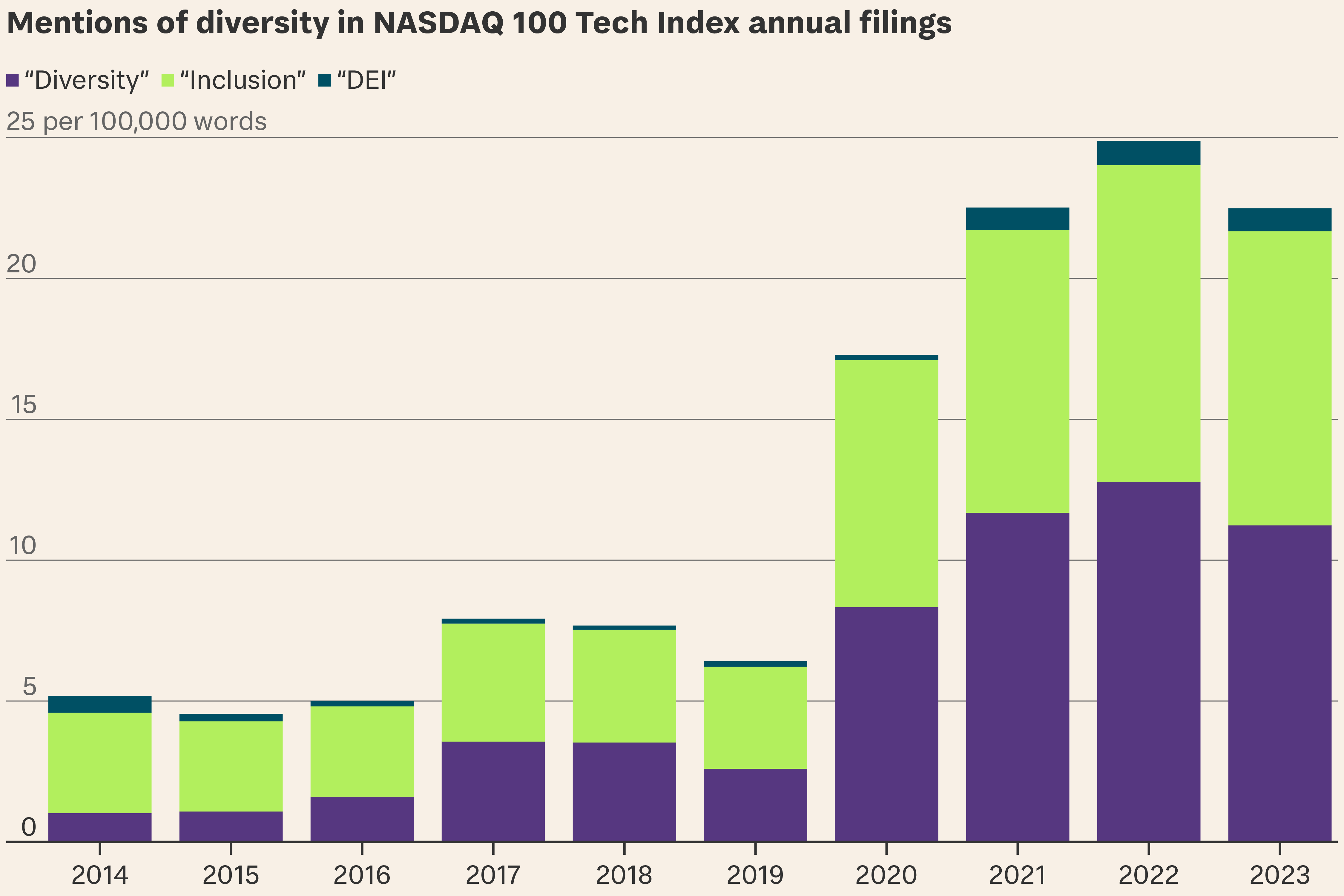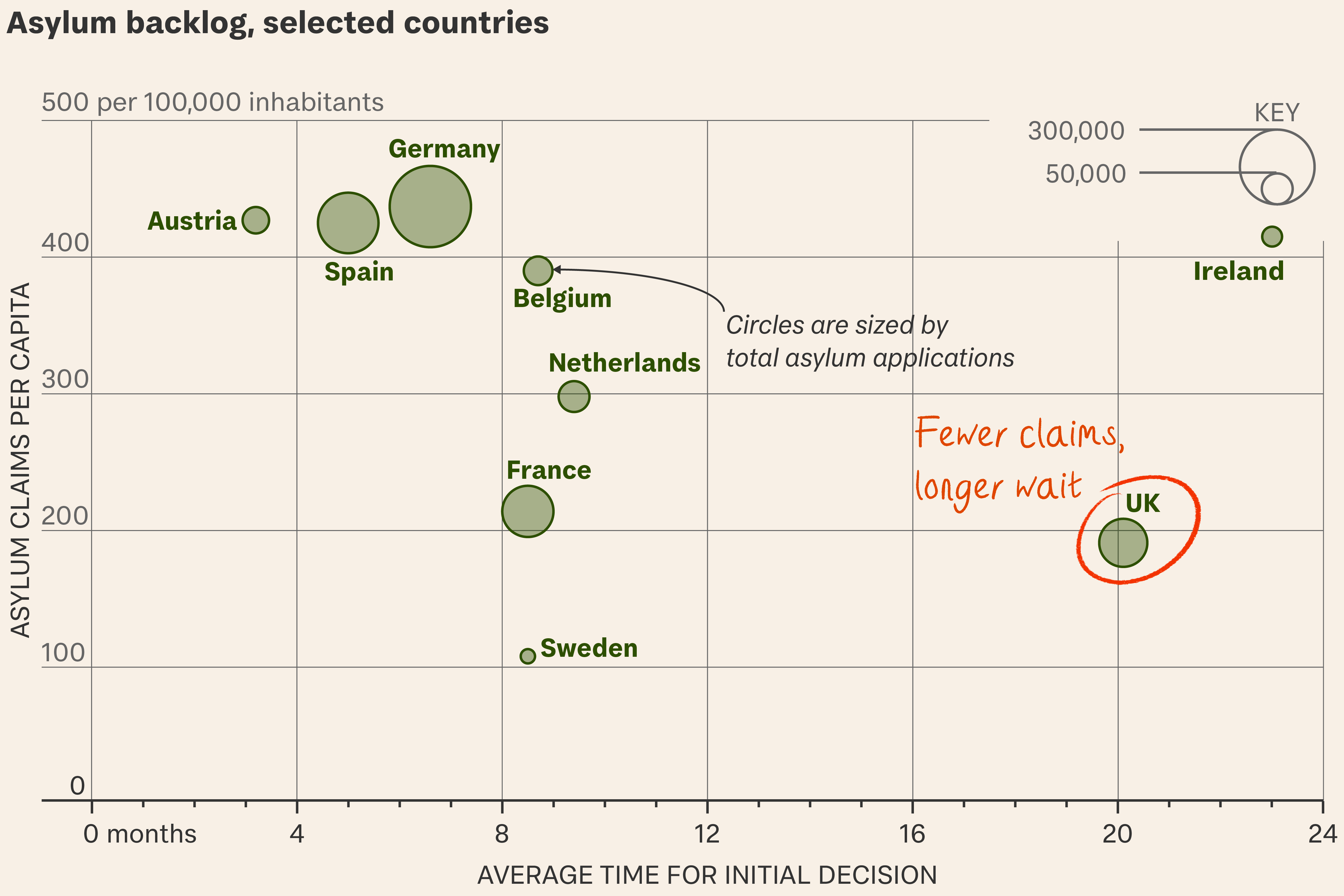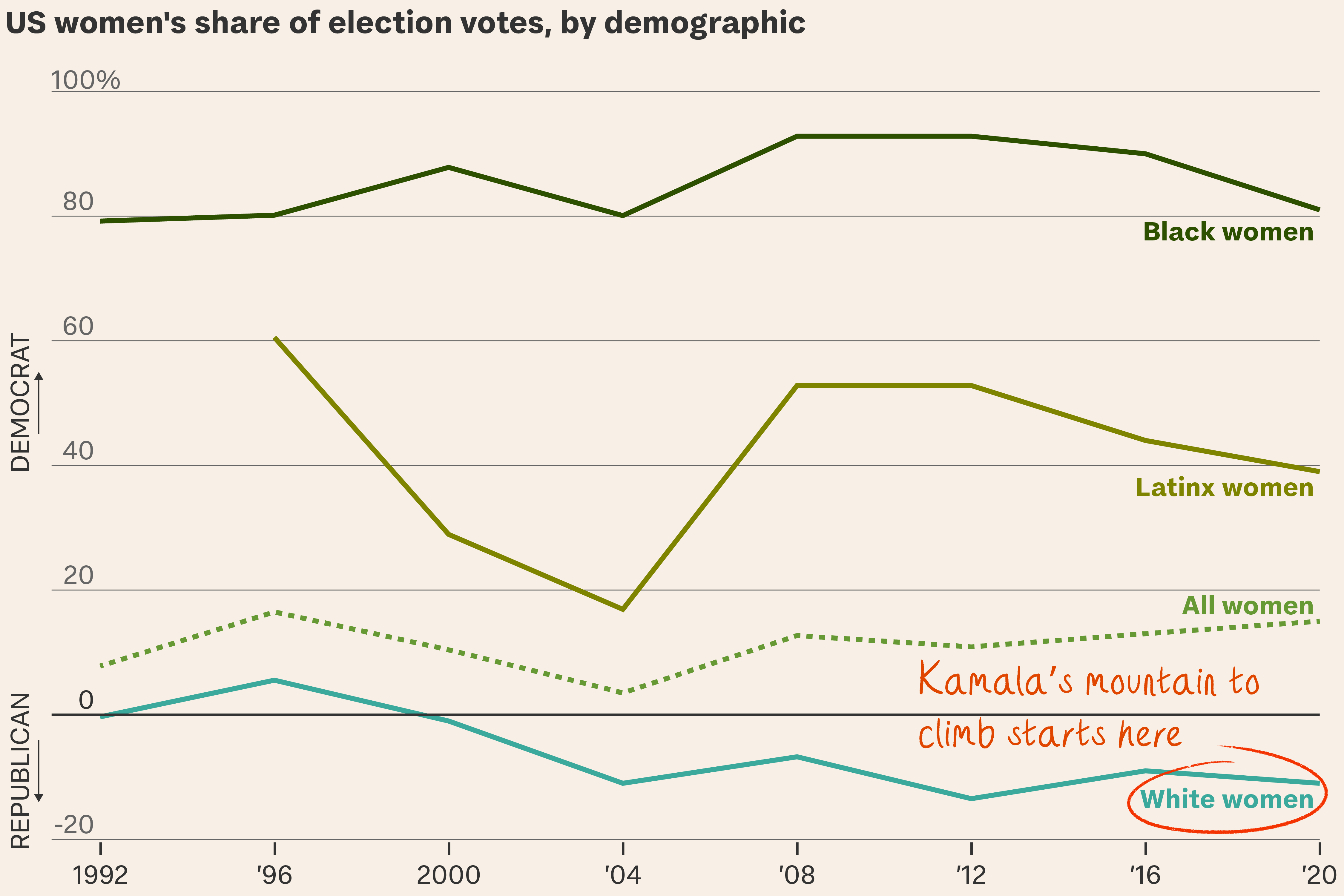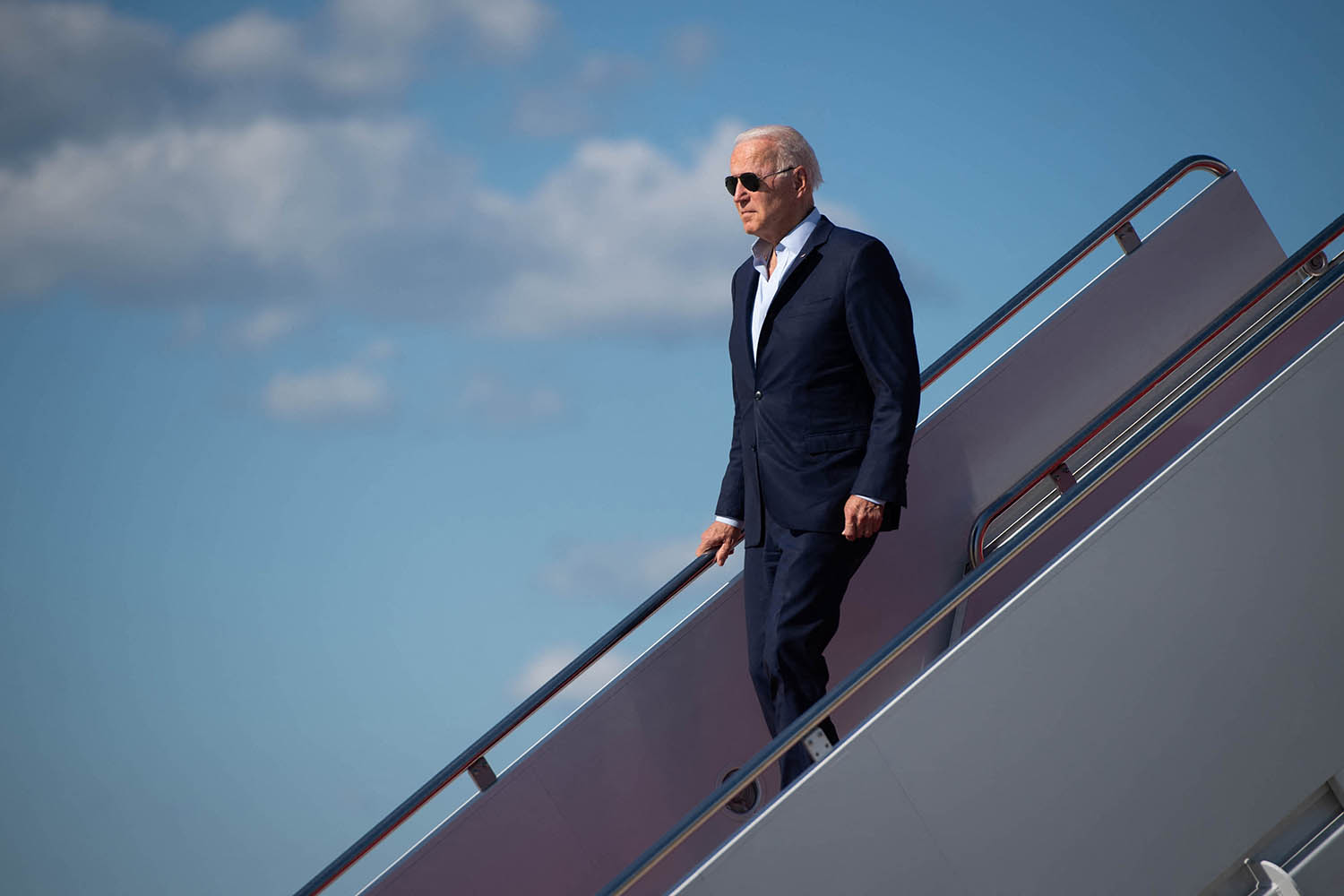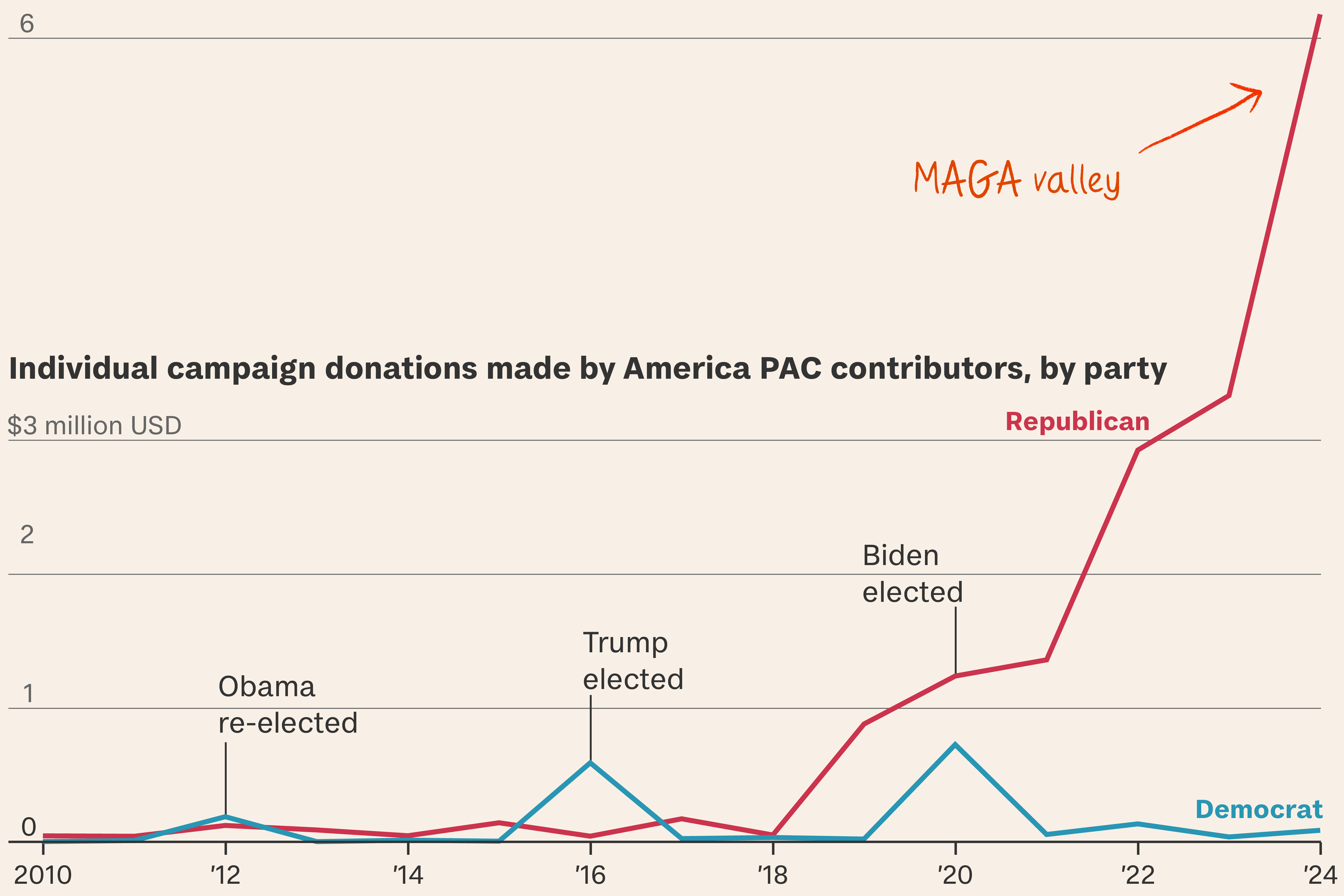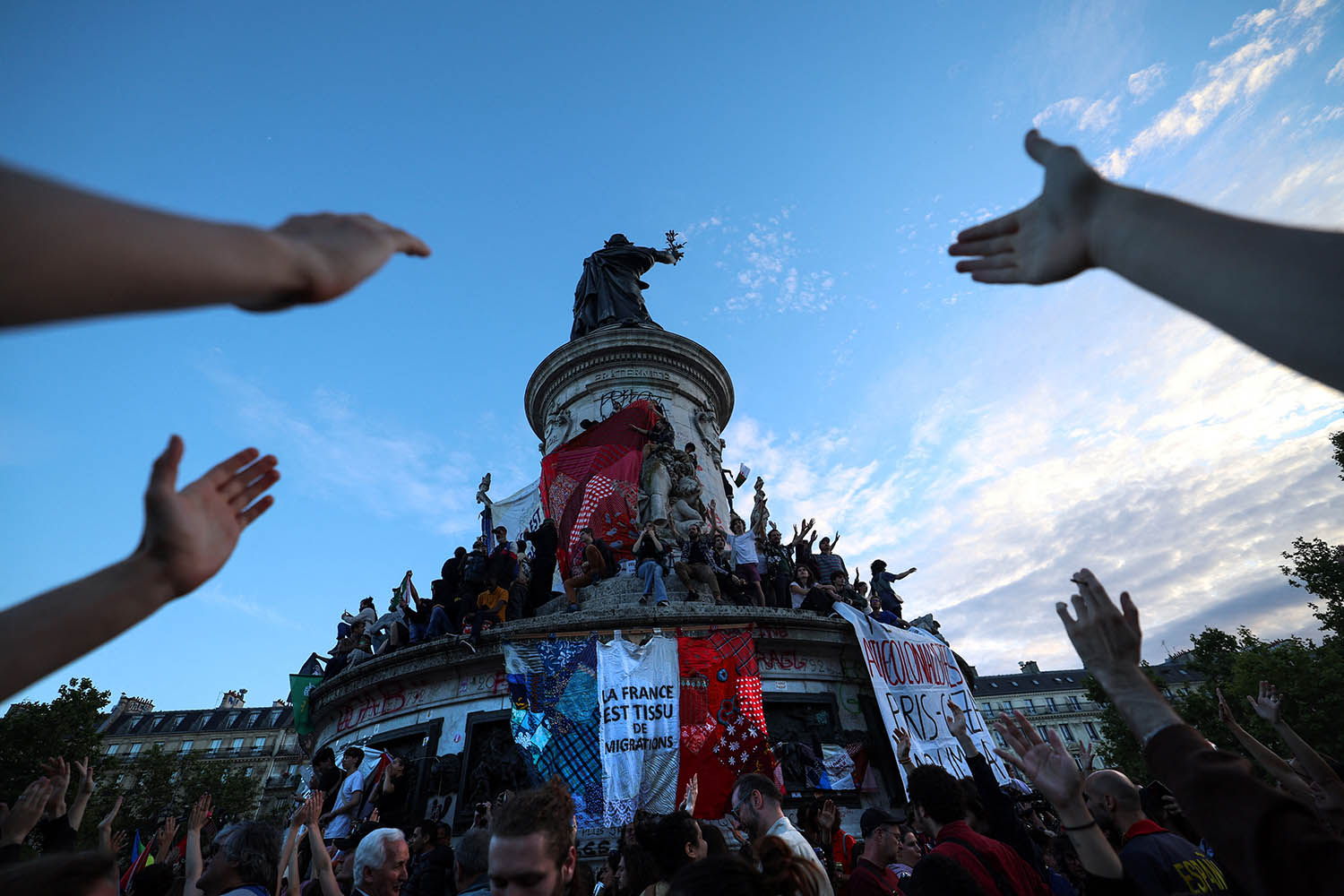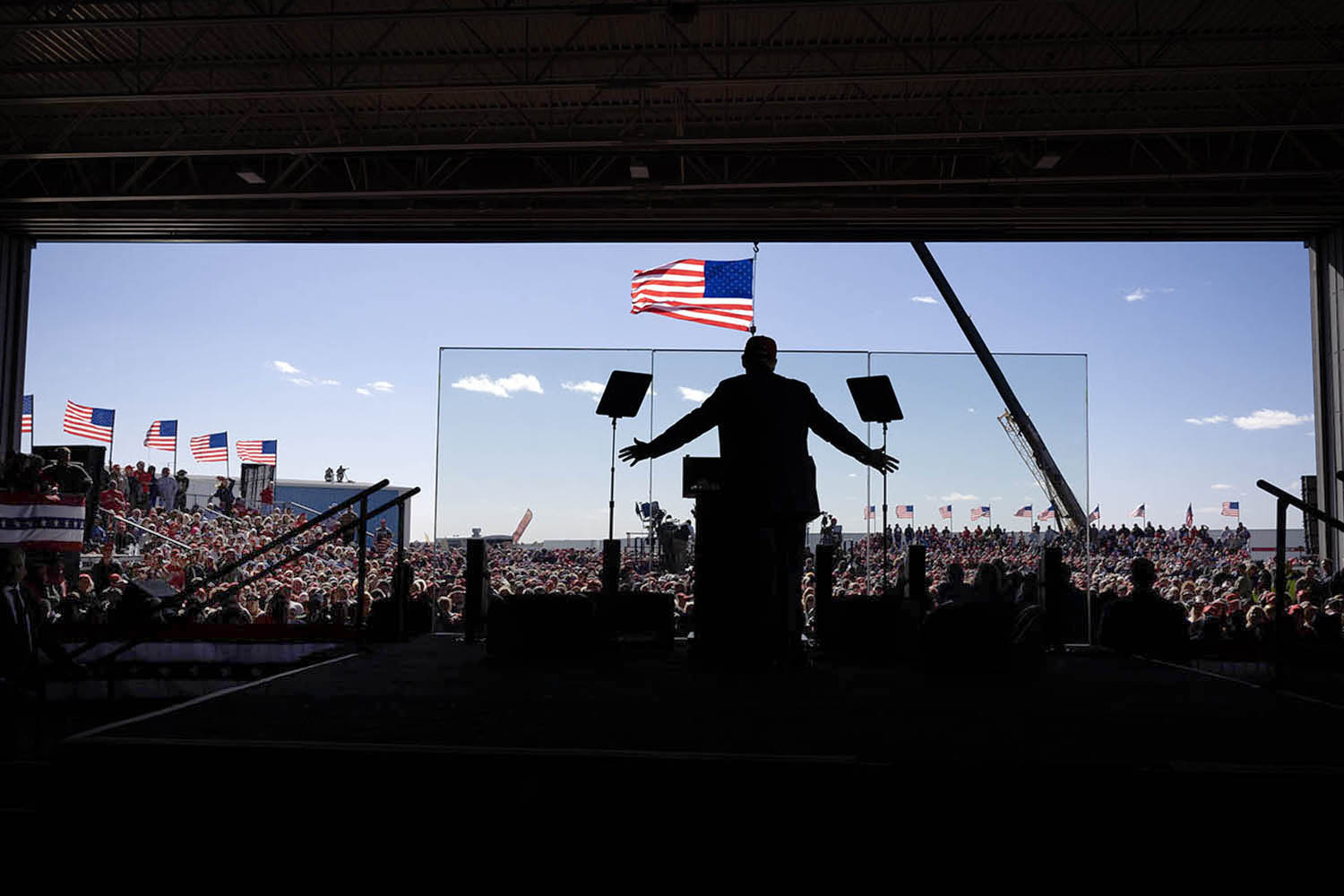
Some explain Trump’s survival as a candidate – others point to a possible late surge for Harris
On the eve of the US election it’s worth considering:
- A convicted felon and serial bankrupt found liable for sexual assault and under federal investigation for his part in an attempted insurrection would not ordinarily be a plausible candidate for the White House.
- That his idea of presidential language is to mock and threaten anyone brave enough to call him out for his lies wouldn’t ordinarily help.
- That his economic policy platform will raise prices by raising barriers to trade wouldn’t either.
By this stage in the process his adversary – any adversary – would ordinarily be the clear frontrunner.
So what? She’s not. “Ordinary” and US politics have parted company. In a sense this divergence has been a long time coming. The first knife-edge race of the modern era was in 1960, when Kennedy beat Nixon by 0.18 per cent of the popular vote. Candidates who strike the outside world as fundamentally unsuited aren’t new either. The younger Bush met that description in 2000, and was helped into office by a single vote in the Supreme Court. But Trump has torn every notion of suitability to shreds and still ends his third presidential campaign neck and neck with Kamala Harris.
Tomorrow’s election could be the closest ever. Here are 17 reasons why:
1 – The economy. For 52 per cent of voters (up from 33 in 2020), when asked if they feel better off than four years ago, the answer’s no.
- Prices are 20 per cent higher in real terms than when Biden entered the White House and consumer sentiment is little better than in 2009, after the crash.
- Growth and wages are trending up but over the long term so is inequality. The richest 1 per cent has more wealth than the middle 60 per cent put together.
2 – General dissatisfaction. 66 per cent of voters feel the country is on the wrong track – not as many as in January but about the same as when Trump won in 2016.
3 – Purple wall. Whites without a college degree heavily favour Trump and account for more than half of registered voters in Pennsylvania, Michigan and Wisconsin, which by most assessments are must-wins for her campaign.
4 – Pennsylvania. Democrats’ voter registration advantage in the biggest swing state in the rust belt has halved since 2020 and Harris didn’t pick the state’s popular governor, Josh Shapiro, as her running mate. Given polls show a dead heat, she may wish she had.
5 – Biden. He could have ruled out a re-election bid last year, giving his party time for proper primaries and the winner time to sell a compelling vision for the country. Instead he left Harris with 14 weeks to mount a bid from a standing start.
6 – Young men. Biden won 68 per cent of male voters aged 18-29 in 2020. Polls show Harris winning less than 40 per cent of them as Trump courts them at Nascar races and Ultimate Fighting events.
7 – Minorities. Harris’s support among Black and Hispanic voters has slipped relative to Biden’s in 2020.
8 – California. Democrats “waste” millions of votes in big liberal states like New York, Illinois and especially California, winning their electoral college votes by huge margins when a single vote would do. Census data shows California has meanwhile been exporting Republican voters en masse to Florida, helping turn it from blue to red.
9 – Immigration. There is an ongoing crisis on the southern border, and more illegal immigration than most Americans – not just Republicans – are comfortable with.
10 – Gaza. Polls show Harris’s support among Arab Americans running 18 points below Biden’s in 2020, because of his support for Israel in Gaza. More than 200,000 of them live in Michigan, where the winning margin could be a few thousand votes.
11 – Courts. Trump won’t be sentenced in the Stormy Daniels hush money case until after the election if at all, and delays at the Supreme Court mean his prosecution for the January 6 insurrection has barely begun.
So why isn’t Trump way ahead? “A more normal Republican candidate would likely win this election in a landslide,” the former Clinton advisor Doug Sosnik writes in the NYT. However…
12 – Women tend to dislike or strongly dislike Trump, contributing to a 30-point gender gap in voting intention – 7 points more than in 2020.
13 – Abortion and the fight for reproductive healthcare after Roe v Wade is widening that gender gap, which could prove doubly significant given women are more likely to vote than men.
14 – Money. Harris has raised more than twice as much as Trump since entering the race, and spent three times as much on ads in September while Trump was spending much of what he raised on legal bills.
15 – Ground game. The Harris campaign has knocked on 13 million doors. In October it made 100 million get-out-the-vote phone calls in the seven main swing states alone. The Trump campaign hasn’t released comparable figures.
16 – Garbage. Democrats have sought to capitalise on a comedian’s remark at a Trump rally in New York a week ago that Puerto Rico was a “floating island of garbage”. 470,000 Puerto Ricans live in Pennsylvania.
17 – Pollsters herd together rather than risk being embarrassed, leading some analysts to wonder if likely Trump votes are being overcounted for fear of repeating the undercounts of 2016 and 2020.
What’s more… A startling end-of-campaign poll by the Des Moines Register showed Harris three points ahead of Trump in Iowa, which Republicans usually win comfortably. It could be an outlier – or a function of points 12-16 and a sign of things to come.




